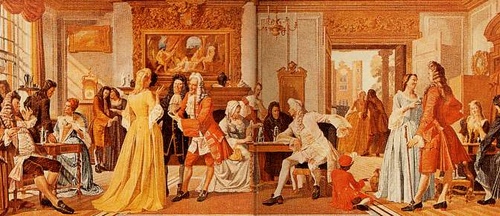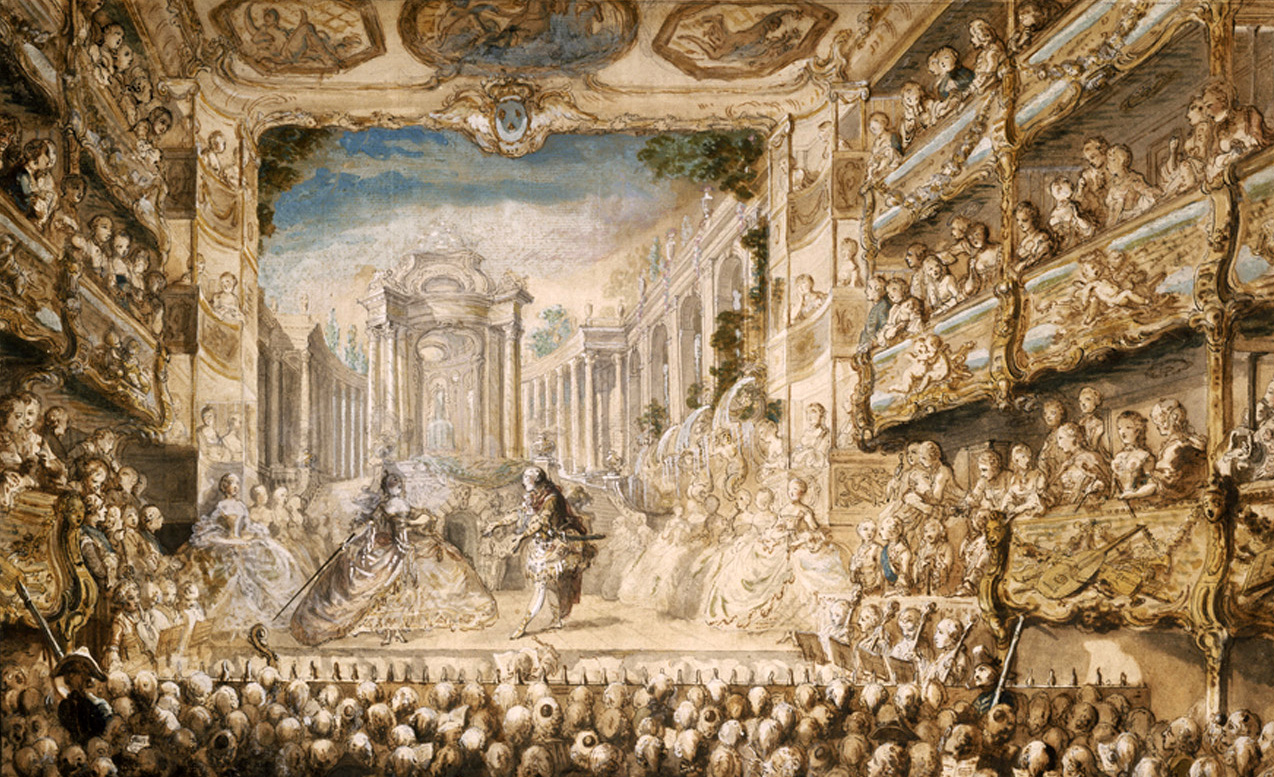Étienne Moulinié. Court composer of Gaston d'Orleans
Before genre of opera came to France the aristocracy practiced singing with court aria (air de cour) or - courteous aria. Story of air de cour began with a lute song of 16th century. There are three main composers, who played an important role in history of development and becoming of this genre:
- Pierre Guedron (1565-1620). He wrote music for Henry IV and Maria Medici.
- Antoine Boesset (1587-1643) - court composer of Louis XIII.
- Étienne Moulinié (1599-1676) - the musician of Gaston, Duke of Orleans, the only brother of the king Louis XIII.
Gaston of Orleans was an eccentric and unrestrained person and it was the reason of many arguments between him and his brother Louis XIII. So, because of this, Louis XIII was repeatedly sending his brother away from the Royal court. The Duke was leaving to his ownership, where he had his own court; there he was spending some time until he made peace with the King. Then he was coming back to Paris, where he could spend time till the next argument and next exile.
Etienne Moulinie - French composer of baroque era, he was born in October 10, 1599 in Languedoc. Serving at the court of Gaston d’Orleans, Moulinie composed church and secular music, also he wrote music for the ballets, which were performed at Gaston d’Orleans court. A number of ballet were staged at the court of Gaston and most of them had ridiculous plots, for example, how a fool taught a philosopher or a patient healed a doctor etc.
Etienne Moulinie is quite known, first of all, as a creator of court arias, among which there were two on Gascon language, written especially for the Duke.
Etienne Moulinie was serving at Duke d’Orleans court until 1660. After the service for king’s brother, the composer came back to Languedoc, where he died in 1676.
Author: Alisia HolainenPage on Facebook - Musique de Cour
Instagram - #musiquedecour

.jpg)

Comments
Post a Comment